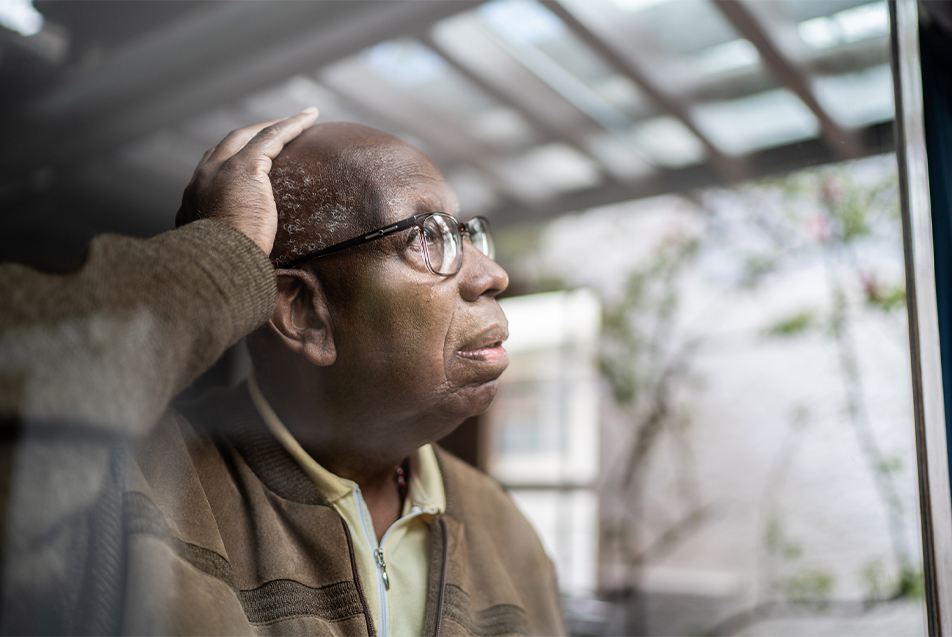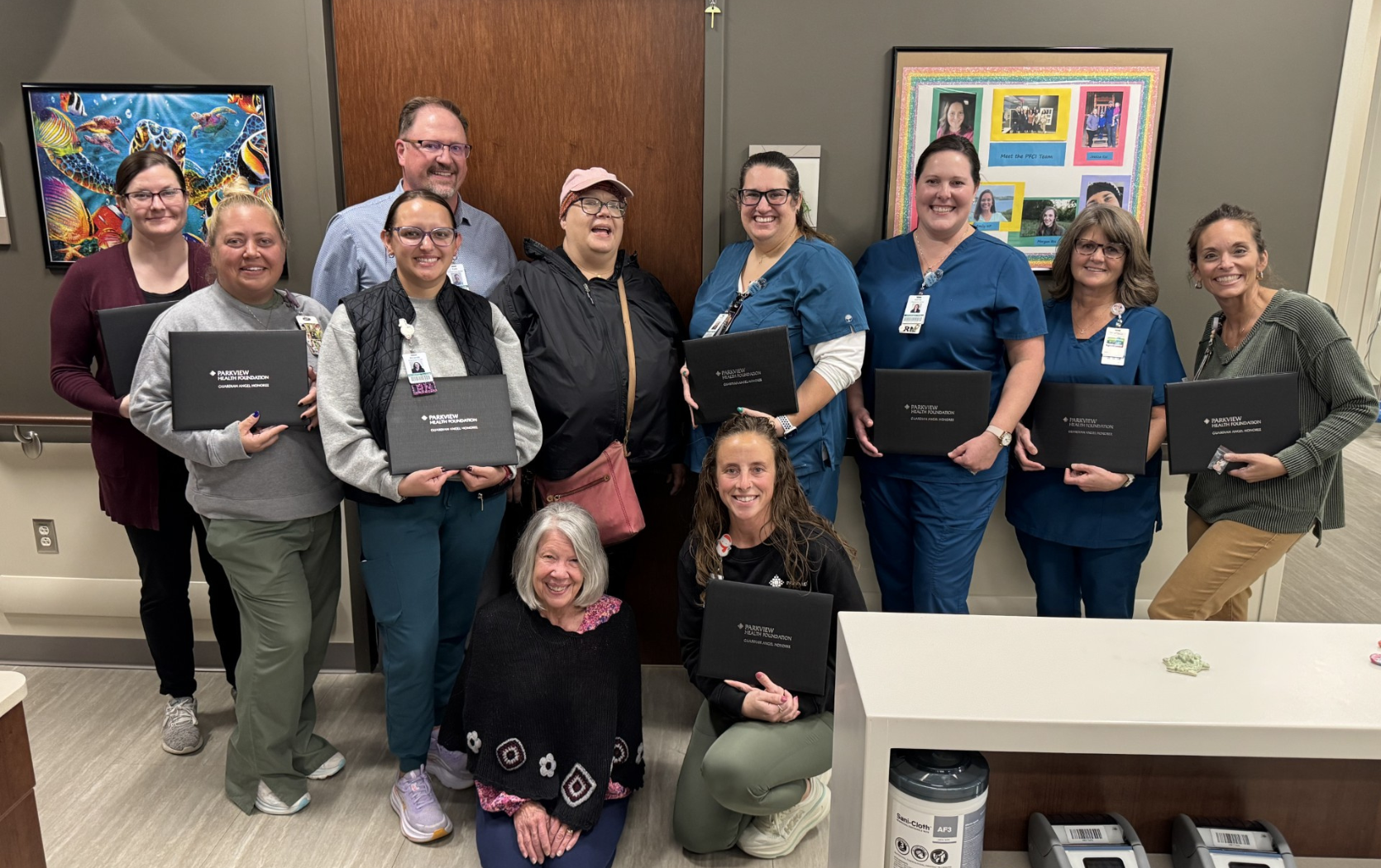
This post was written by Amber Hetrick, MD, PPG – Neurology.
“Mom keeps asking me the same questions over and over again, even within the same 15-minute conversation. I’m worried about her memory.”
“What is the difference between dementia and Alzheimer’s?”
“What supplements can I take to help prevent memory loss?”
We hear questions like these often in the Neurology clinic when we see patients with memory loss. Despite how common Alzheimer’s disease and dementia are, the medical community knows less than we would like about them. But that doesn’t mean we don’t have some helpful information for identifying and intervening.
Defining these conditions
Dementia affects about 5.8 million people in the United States. It’s an overarching, umbrella term that is used to describe a slow degeneration in memory, comprehension, language or other thinking tasks. The most common form of dementia is Alzheimer’s disease, so while all Alzheimer’s disease is dementia, not all dementias are Alzheimer’s disease.
Risk factors
Alzheimer’s disease is similar to a lot of other neurological diseases in the respect that we’re not sure why some people get it and others don’t. We think there are both genetic and environmental factors that play a role in disease development, but many times we can’t pinpoint one specific factor.
We do know that there are several things a person can do throughout his or her lifetime that can help lower the risk of Alzheimer’s disease later in life. Getting good sleep and avoiding sleep deprivation, eating a healthy diet, aerobic exercise, and mentally stimulating activities are all thought to help stave off Alzheimer’s disease, and we think these things help even when done in the first half of a person’s life.
Diagnosis
When a patient is referred to a Neurology clinic for memory loss, the doctor will spend some time asking about what is happening at home. Details are important.
- Is the patient sleeping well, and for how many hours per night? Chronic sleep deprivation or sleep disorders can masquerade as dementia. Don’t expect your brain to function if it can’t rest at night!
- Is there depression or anxiety? Stress or worrying? These symptoms can also make memory function poorly. If your brain is constantly worrying and thinking about other things, it doesn’t have as much energy to devote to remembering.
- Does the patient have hearing loss? You can’t remember what you didn’t hear in the first place!
During a clinic visit, we will also discuss home safety.
- Is the patient safely administering his or her own medications?
- Are bills being paid accurately, or is there confusion with finances?
- Is driving safe?
- Is the patient wandering outside the home and getting lost?
- Can the patient safely work a stove?
Answers to these questions may be difficult, but formulating a plan for safety will always be an important aspect of the patient’s care.
Treatment
Unfortunately, there are not many treatments for Alzheimer’s disease. There are no known supplements or herbal treatments that are helpful, including the well-advertised jellyfish extract, called Prevagen. The only treatments are several FDA-approved medications that come in the form of a pill or skin patch that can help slow down disease progression and try to preserve current memory function, but they cannot reverse symptoms.
In 2021, a new medication, which is administered through an IV, was approved by the FDA. This drug is considered for a very select group of patients, usually in the setting of a major academic center with multiple clinical resources available for guidance. And still, research is ongoing for cures, reaching over $3 billion annually.
Dementia, including Alzheimer’s dementia, is a difficult diagnosis. It affects many aspects of a patient’s care, and families and patients certainly have many questions. While not all questions can be addressed in a short blog post, or even a clinic visit with a neurologist, there are other resources available.
The Alzheimer’s Association is a national organization that boasts a comprehensive website and a 24/7 hotline for patients, families and even physicians to call with any questions, big or small. Some regions of the country have support groups to help families cope and realize that they are not alone. And around the world, researchers and physicians work with patients in clinical trials to actively search for treatments and cures. Everywhere we are reminded that we are working together to defeat a thief of a disease, one step at a time.
Meet the team at PPG – Neurology and see our locations here.



